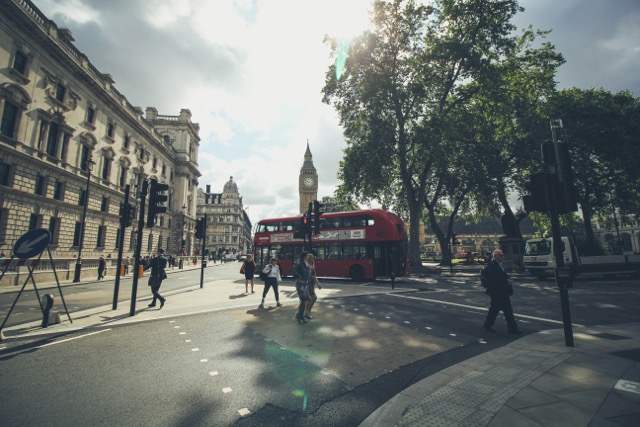
When buying property in the UK, one of the most important considerations is whether it is leasehold or freehold. These terms define ownership rights, responsibilities, and costs associated with a property. Understanding the differences can help buyers make informed decisions and avoid unexpected financial obligations.
1. What is a Freehold Property?
- Full Ownership: The buyer owns both the property and the land it stands on indefinitely.
- No Ground Rent or Service Charges: Freehold owners are not required to pay rent to a landlord.
- Complete Control: Owners have full authority to make changes to the property (subject to local planning regulations).
- Higher Initial Cost: Freehold properties often have a higher purchase price but come with fewer long-term costs.
2. What is a Leasehold Property?
- Temporary Ownership: The buyer owns the property for a set number of years, typically 99 to 999 years, but not the land it stands on.
- Ground Rent and Service Charges: Leaseholders must pay annual ground rent and service charges to the freeholder.
- Restrictions on Property Changes: Major modifications may require the freeholder’s permission.
- Lease Expiry Issues: If a lease falls below 80 years, the property’s value can decrease, making it harder to sell or secure a mortgage.
3. Key Differences Between Leasehold and Freehold
| Feature | Freehold | Leasehold |
|---|---|---|
| Ownership | Indefinite | Fixed term (e.g., 99-999 years) |
| Land Rights | Owns the land | Land owned by freeholder |
| Ground Rent | No | Yes (varies by property) |
| Service Fees | None or minimal | Yes (for communal maintenance) |
| Modifications | No restrictions (subject to planning) | Requires permission from freeholder |
| Lease Expiry | N/A | Can affect value & mortgage eligibility |
4. Costs and Legal Considerations
- Lease Extensions: Extending a lease can be costly, especially if it has fewer than 80 years remaining.
- Service Charges and Maintenance Fees: Flats and some leasehold houses require payment for upkeep of communal areas.
- Right to Buy the Freehold: Leaseholders in some cases can collectively purchase the freehold from the landlord.
- Legal Protections: The Leasehold Reform Act provides rights to extend leases and challenge unfair service charges.
5. Which is Better: Leasehold or Freehold?
- For Long-Term Stability: Freehold is often the better choice, as it eliminates service charges and lease-related issues.
- For Flats and Shared Buildings: Leasehold is common in apartment blocks where communal maintenance is required.
- For Affordability: Leasehold properties may have lower upfront costs but come with ongoing fees.
6. Recent Reforms and Future Changes
- The UK government is working on leasehold reforms to eliminate unfair ground rents and make it easier for leaseholders to extend their leases or purchase the freehold.
- Future changes may include capping service charges and simplifying lease extension procedures.
Conclusion: Making the Right Choice
When buying a property in the UK, it’s crucial to consider whether leasehold or freehold suits your financial and lifestyle needs. While freehold provides long-term security, leasehold can be a more accessible option, particularly for flats. Understanding the associated costs and legal responsibilities will ensure you make a well-informed investment decision.


